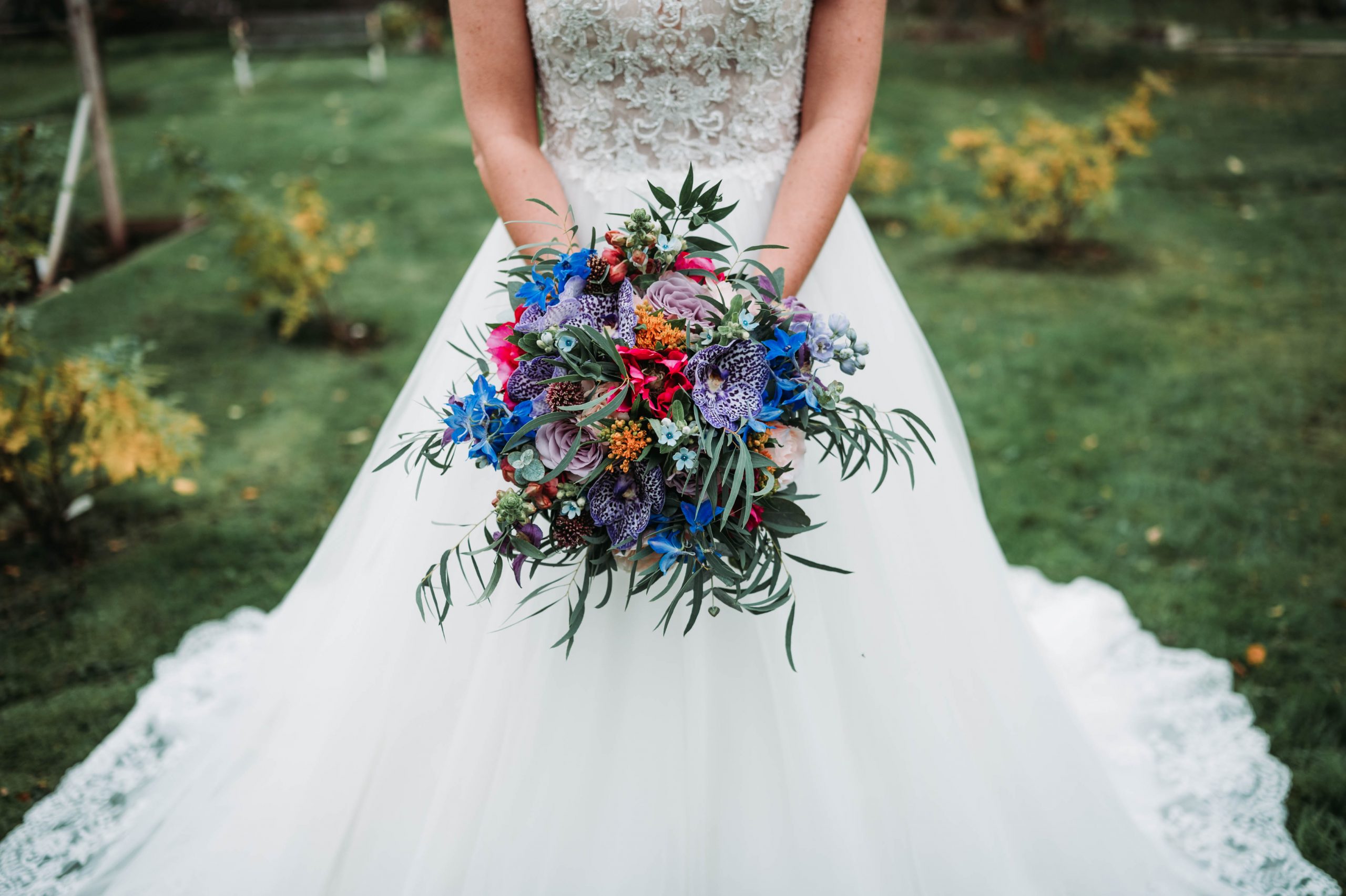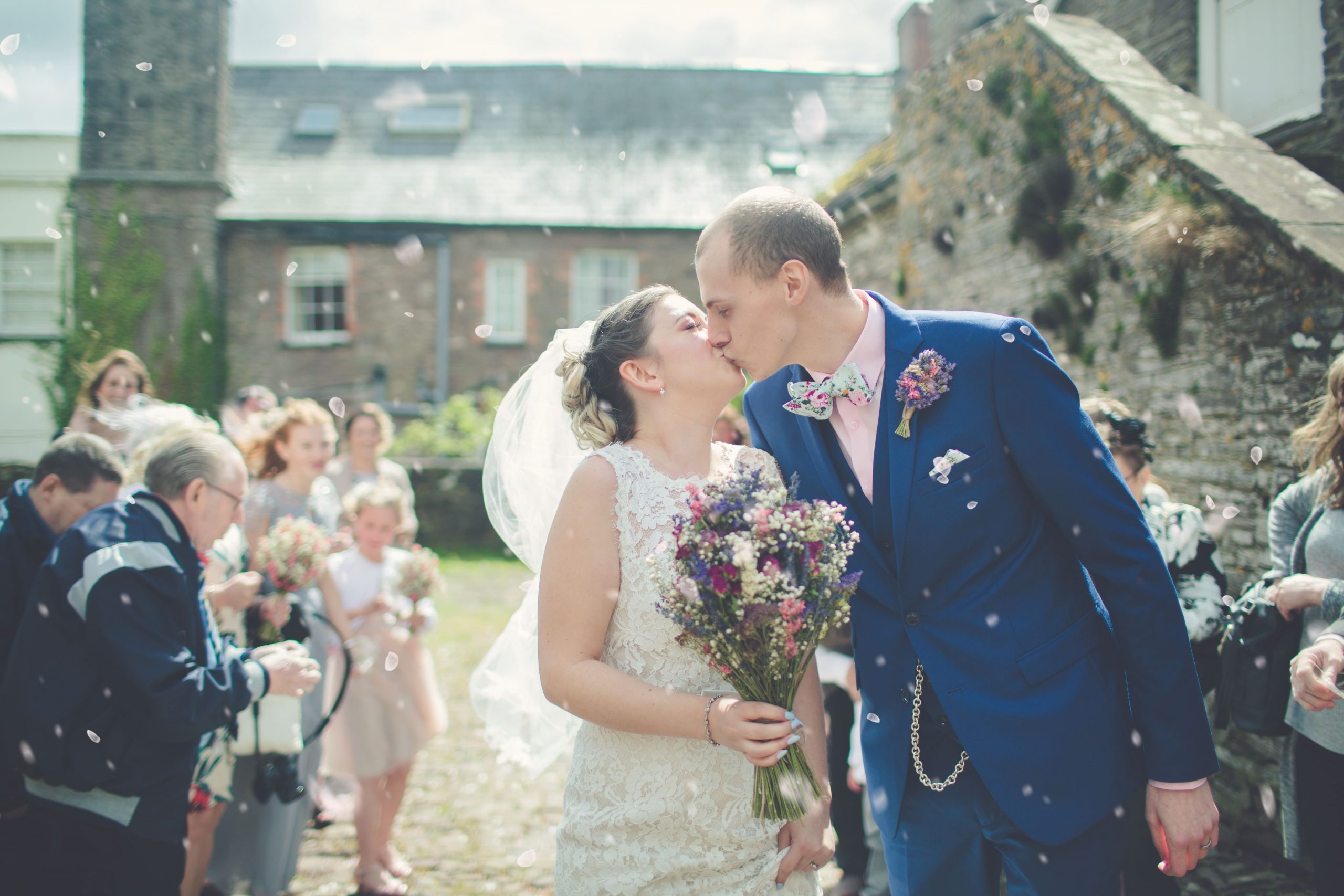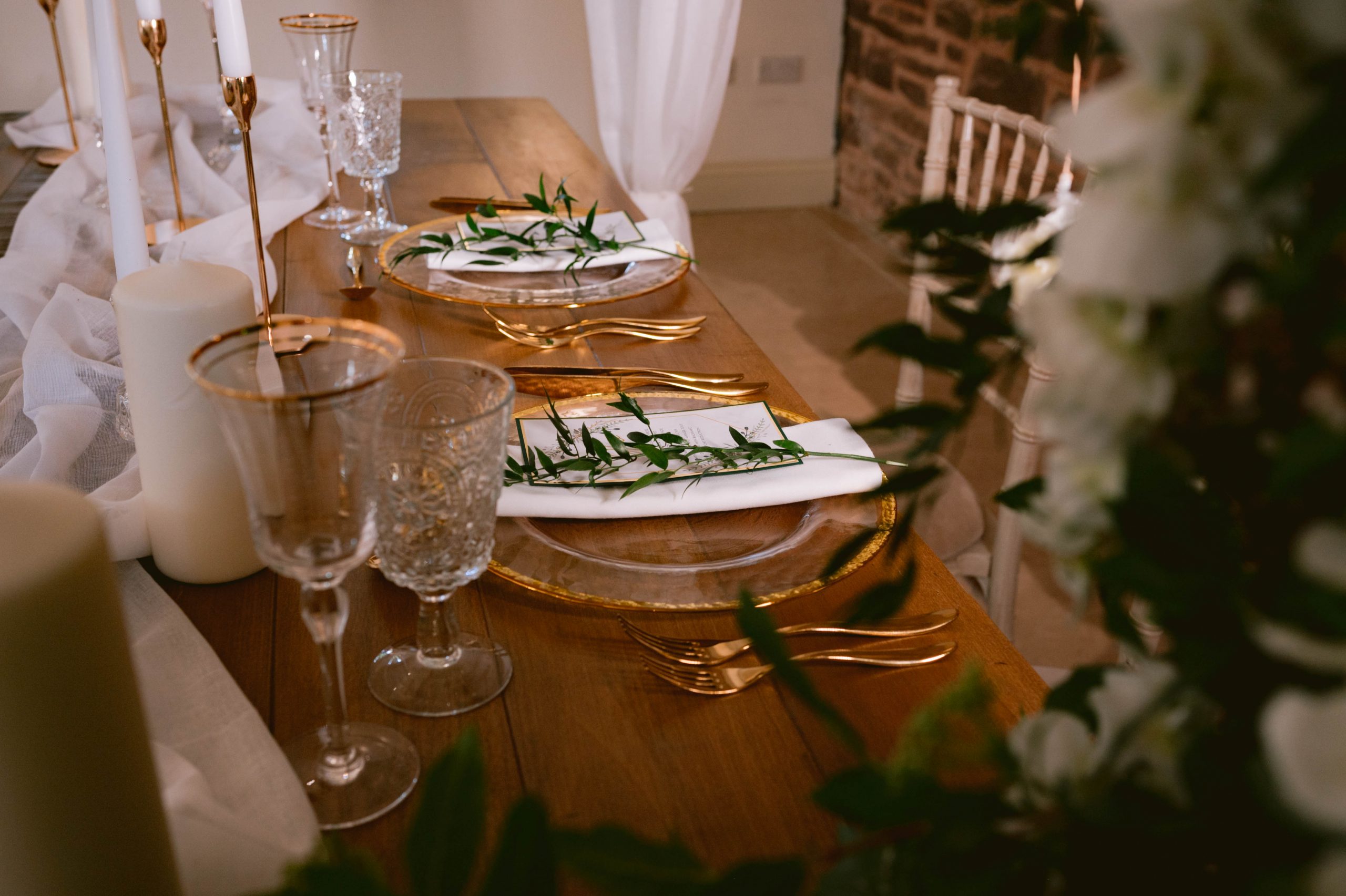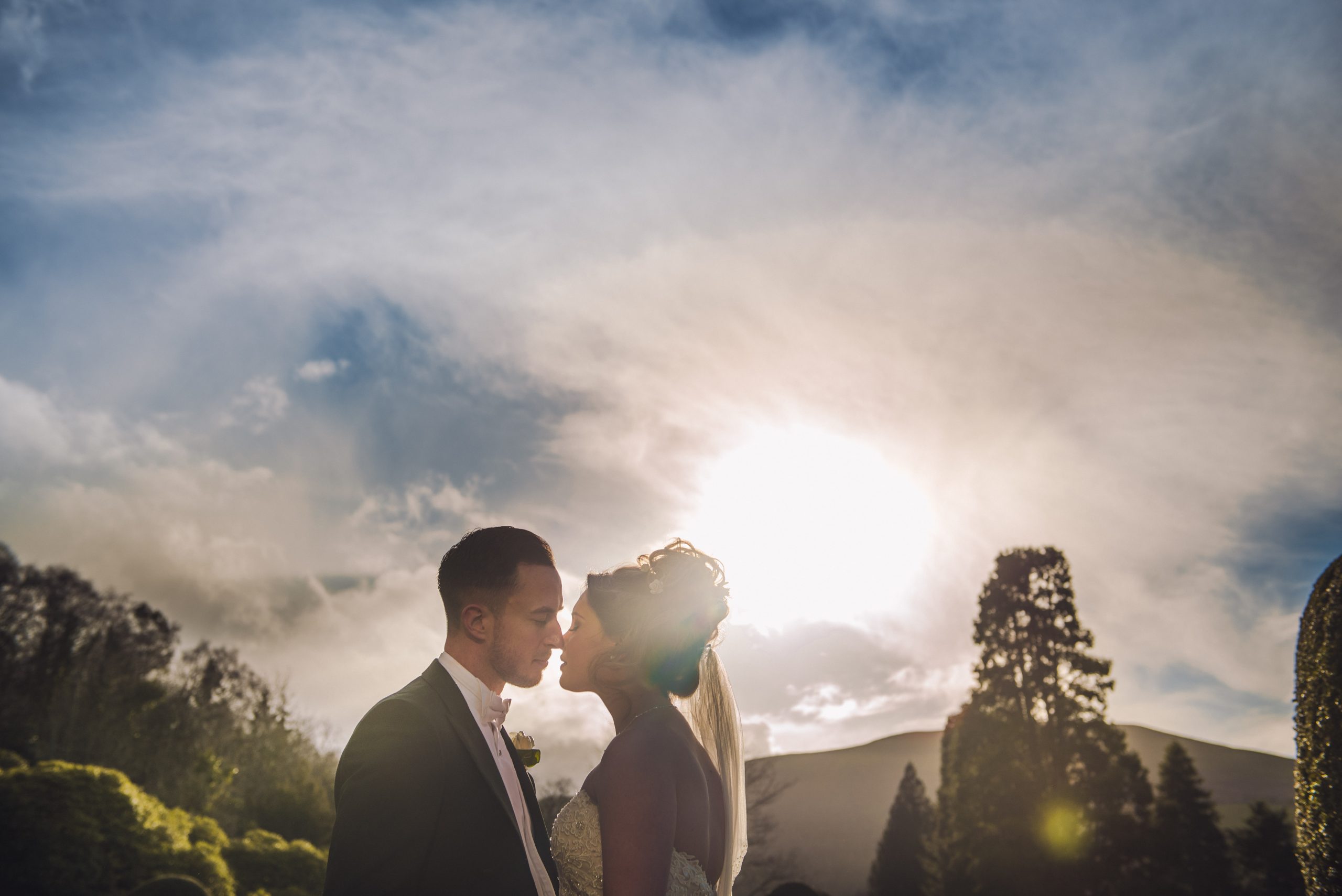Wedding insurance explained
A highly talked about topic right now, and a subject I get asked about often. I cannot stress the importance of this purchase during Wedding Planning enough, regardless of whether we are amid a pandemic or not. So when planning out that budget – be sure to add this to the top of your list!
It was reported in 2019, that the average cost of a UK wedding had reached nearly £32,000. We wouldn’t drive a car uninsured, or go on holiday without at least having some sort of cover. But, when it comes to Wedding insurance, a huge number of couples decide not to cover their day, expecting everything to run smoothly. Which, more often than not it does. But, if things don’t quite happen as you plan, the loss could be devastating, both emotionally and financially.
*To note, before getting into the details. Currently, at the writing of this blog (25.04.20), most UK insurance companies are not selling new policies. A few companies are still offering them, but be aware most will not cover you for issues relating to COVID-19. For those who bought policies before the outbreak, your policies should remain unchanged. What they will cover cannot be commented on, below is a general over view of what to expect and to look out for if you are purchasing or trying to understand what policies can cover. This information could change at any moment and will be reviewed as often as needed*
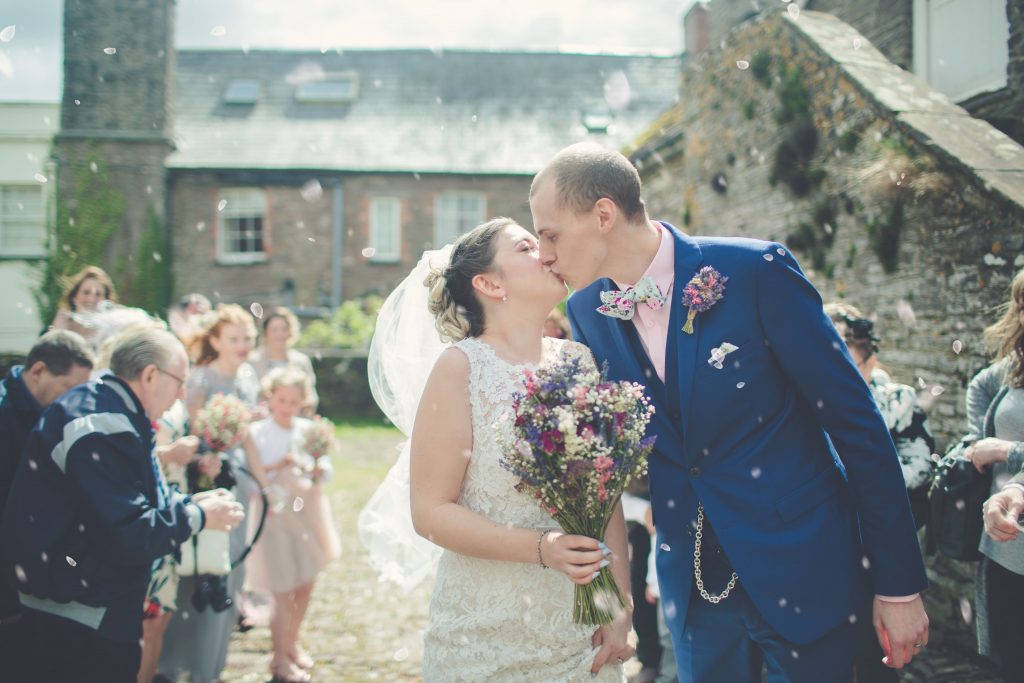
Image by Rhian Clarke Photography
OK – so lets try and explain the mysteries of wedding insurance in basic terms
With policy prices ranging anywhere from £19 for a small wedding budget, to £300 for your larger more extravagant events, it’s a small portion of your budget for peace of mind. Most insurance companies will cover you for up to 2 years, so taking a policy out right at the beginning of your planning journey is highly recommended. It’s a one-off payment, and usually covers any purchases related to your wedding, regardless of whether you take the policy out before or after booking suppliers, venue or items within 2 years.
Every single policy is different. This article is not to provide legal advice, or to cover every eventuality or policy. But, if you need some advice on where to start I hope you find this a useful place! Always read the small print and seek legal advice on your own policy wording. The aim of this is to introduce you to what wedding insurance can cover in a normal situation, why it’s important and what to look out for.

Image by James Butler Photo
General areas your Wedding insurance policy should cover:
- Postponement or cancellation of the Wedding day due to accident, illness or bereavement– this usually applies to those in your immediate family, bridal party and yourselves only. Not all your guests.
- If the venue cancels on you – due to bankruptcy or flood/fire situation
- Supplier failure – either through let down on service, failure to supply or damaged goods on arrival.
- Damage to attire – covering the Brides dress, bridesmaids or grooms party, whilst they are damaged in your possession. This can cover purchased and hired clothing.
- Loss of Wedding rings – this often comes with a time frame, so be careful when reading the small print. Engagement rings are not usually covered and will require separate insurance, usually your own home contents insurance for which it would likely need to be listed separately on.
- Retaking of photographs – be aware you cannot claim for feeling the photographs are just not very good, or if shots of certain people are missing. This would cover failure to supply the photographs as a whole and likely cover the costs of getting dressed up to retake some new photographs.
- Your personal liability & any legal expenses – this will not cover accidents or damage caused by anyone else at the wedding, excluding the couple. Public liability is covered below.
You can then usually take out additional insurance should you require it, but this isn’t often covered as standard:
- Marquee cover – If you were erecting your own marquee on land which was not that of the marquee owners. Marquee insurance can cover not just the marquee, but the furniture contents as well. If it were a marquee linked to your venue, it would likely be covered by your venue. But always best to check.
- Ceremonial swords – high value items. You will likely need to state the days in which you will have them for.
- Public liability – this would cover your guests if they were to injure someone or damage the property. I always recommend adding this on to any policy if not already included.
To be aware of what is not usually covered:
- Cold feet often referred to at ‘disinclination to get married’ – you cannot claim if you call off the wedding.
- You can’t afford to go ahead with the wedding day – unless there is a change in circumstances you were not aware of at the time of booking – I/E. redundancy.
- Theft of items left unattended.
- Cancellation or postponement due to pre existing conditions, including those of your wedding party.
- Destination wedding – this is a separate policy
- The honeymoon – would fall under travel insurance.
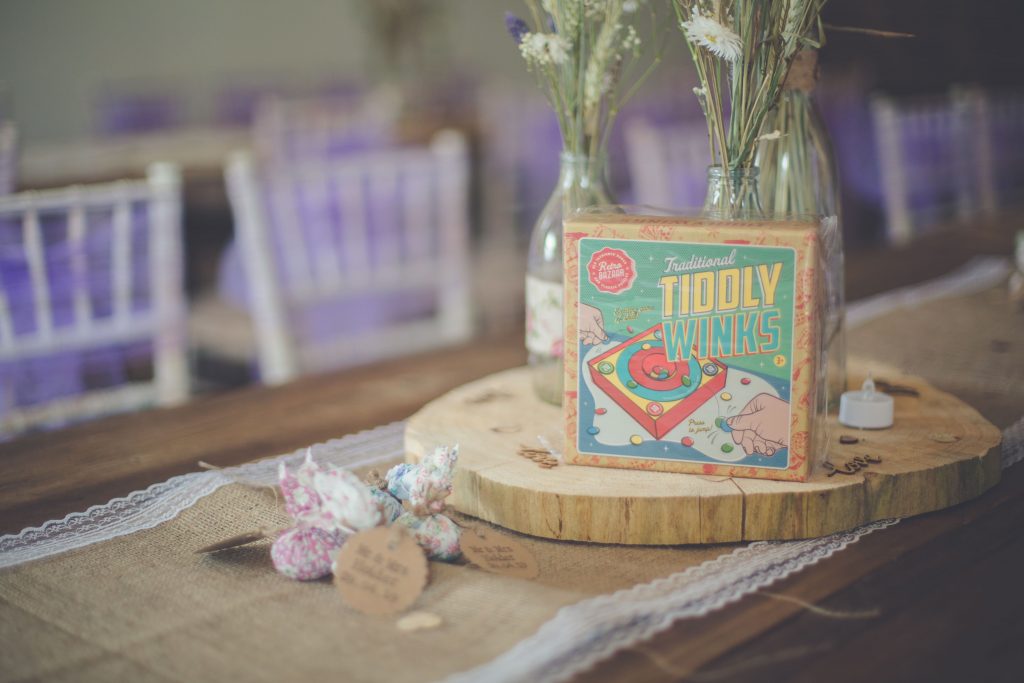
Image by Rhian Clarke Photography
There are other options which offer some level of cover, but these by no means offer the same support:
- Your credit card – any purchases over £100 and up to £30,000 are covered under Sections 75 to help you get your money back if something were to go wrong.
- Your home insurance – Your contents insurance may cover items you have in your home prior to the wedding. But this should be checked.
The best place to start is on a comparison site – there are a lot of companies offing Wedding insurance, and stick with a reputable, well know and established company.
If you are affected by the Covid-19 pandemic
For those of you sadly affected by COVID-19 and your wedding day, my heart goes out to each and everyone of you in this tough time. If you did take out Wedding insurance before the pandemic, you may or may not be covered. It’s a very grey and hard to understand area. When you first contact your insurance provider, they will likely ask that your first port of call is to recover costs from your suppliers – this is not always possible, or fair to a supplier when it is neither the fault of the supplier nor the couple. My advice is to return to your policy provider and be persistent if you feel you still have a claim. Please seek your own legal advice, as they will be able to provide detailed information on your own circumstances.
Any contract you entered in to with a supplier (before knowing about COVID-19) has to still remain fair. The small print in many contracts was not written for a situation as unprecedented as this. Thus this small print might not be suitable to be used as defence in these times. This is not deemed a fair situation. In watching an interview with luxury Wedding Planner Sarah Haywood, she mentioned a phrase which I feel is very important to remember at the moment – Wedding suppliers ‘we are in the business of hospitality and in the case of Weddings, we are in the business of love’. As such, we should deal with this in this same manner – remember, its a scary situation on both sides, so it is important to approach this with empathy to one another. There is a petition circulating the wedding industry, in attempt to ask the wedding insurance providers to offer more support to couples, during these worrying times. Only time will tell how that will change and I hope they will step up to show the support both suppliers and couples desperately need in this time.
My advice, is to open up an honest line of communication with your suppliers, and understand the situation from both sides. Suppliers want to help out, but in some instances it is impossible when new dates are just not available or already booked. It is not wrong for a supplier to withhold a deposit should it become impossible for them to move with you, nor wrong to charge a postponement fee. All costs should be justified and discussed upfront. Each case will be different in order for it to be fair and honest on both parts. The only way to resolve is to discuss and be open with one another, and as I will repeat, seek legal advice if you cannot come to agreeable, and fair, terms.
I hope you have found this breakdown useful. It is so important to read the fine print on any policy or contract, so you know what you are getting for your money or service. If in doubt, always seek legal advice and I am happy to help guide you where I can. I would love to hear how you have been dealing with some of the situations above and together I hope we can all work to help each other in a positive and supportive road forward.
With Love
Laura Beth x

Image by James Butler Photo
Image Credits:
Blog Created by Laura Beth – laurabeth.co.uk
